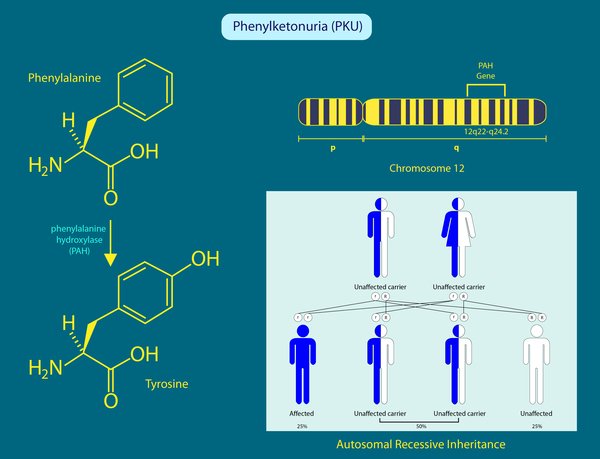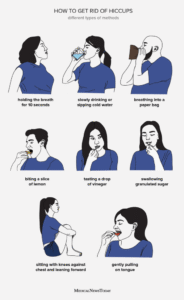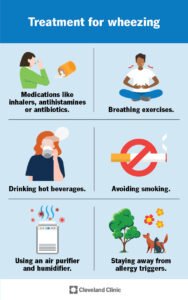Performance Anxiety on Stage, Sports, or Sex
Understanding Performance Anxiety: Causes and Effects Across Different Domains
What is Performance Anxiety?
Performance anxiety refers to the overwhelming stress or fear that arises when an individual faces a performance scenario, whether on stage, in sports, or during intimate moments. This anxiety can result in both emotional distress and physical symptoms, leading to a fear of not being able to perform well. While often associated with “stage fright,” it can also manifest in other performance-related situations, including sexual performance anxiety or athletic performance pressure.
Causes of Performance Anxiety
Performance anxiety is typically rooted in a fear of failure and the potential consequences of not meeting expectations. This stress may originate from childhood, shaped by external pressures such as the demand for perfection from family, peers, or society. However, these fears can develop over time, intensifying with age and experience. Anxiety in these situations can range from a one-time event to a recurring or progressively worsening issue.
Is Performance Anxiety Considered an Anxiety Disorder?
While performance anxiety isn’t classified as an anxiety disorder in the Diagnostic and Statistical Manual of Mental Disorders (DSM-5), it is recognized as a form of social anxiety disorder. The DSM-5 now includes a specific subtype of social anxiety, called the “performance-only specifier,” which describes individuals who experience anxiety specifically in performance situations, whether public speaking, performing on stage, or during athletic or sexual activities.
Factors Contributing to Performance Anxiety
Some personality traits make individuals more susceptible to performance anxiety, including:
-
Negative Affectivity: A tendency to focus on negative emotions such as anxiety, anger, and guilt.
-
Neuroticism: Emotional instability and a tendency to overreact to stressors.
-
Introversion: A focus on internal thoughts and feelings rather than social interactions.
Psychological and Physical Symptoms of Performance Anxiety
Performance anxiety can trigger both psychological and physical symptoms. Common emotional signs include:
-
Persistent fear of failure
-
Imagining worst-case scenarios
-
A sense of losing control
-
Irritability and difficulty managing emotions
-
Sudden anxiety attacks during a performance
-
“Freezing” or “choking” during the critical moment
Physical symptoms may include:
-
Increased heart rate
-
Dizziness or lightheadedness
-
Shortness of breath
-
Tremors or shaking
-
Dry mouth and nausea
-
Sweating excessively
-
Cold hands or feet
Common Types of Performance Anxiety
-
Stage Fright (Performance Anxiety in Public Speaking)
Stage fright refers to the anxiety felt by individuals performing in front of an audience. Whether it’s an actor, speaker, or musician, this form of performance anxiety can lead to panic and a heightened sense of fear, often causing individuals to “freeze” or fail to perform as expected. For example, research shows that between 50% to 70% of professional musicians report performance anxiety. -
Athletic Performance Anxiety
This type of anxiety affects athletes, particularly in high-stakes situations such as important competitions or events. Known as “choking,” this anxiety often stems from the pressure to succeed, sometimes resulting in physical and mental disruptions during the competition. Studies suggest that up to 60% of athletes experience some form of performance anxiety, particularly in high-pressure environments. -
Sexual Performance Anxiety
Sexual performance anxiety is the fear of not being able to satisfy a partner during sexual activity. It can stem from concerns about one’s ability to perform sexually or body image issues. Research indicates that between 9% to 25% of men and 6% to 16% of women experience sexual performance anxiety, which can sometimes lead to sexual dysfunction such as erectile issues or premature ejaculation.
Managing and Overcoming Performance Anxiety
Effective management of performance anxiety often involves a combination of cognitive behavioral therapy (CBT) and relaxation techniques. Beta-blockers and anti-anxiety medications like Zoloft or Klonopin are sometimes prescribed to help alleviate symptoms. Additionally, practicing mindfulness, positive visualization, and gradual exposure to performance situations can help individuals build confidence and reduce anxiety over time.
Frequently Asked Questions (FAQs)
-
What causes performance anxiety?
-
Performance anxiety is triggered by fear of failure, the pressure to succeed, or past experiences of underperformance.
-
-
Is performance anxiety an anxiety disorder?
-
While not classified as an anxiety disorder by itself, performance anxiety is a form of social anxiety disorder that focuses specifically on performance situations.
-
-
What are the psychological symptoms of performance anxiety?
-
Symptoms include a constant fear of failure, mental rehearsal of negative outcomes, and a feeling of losing control during a performance.
-
-
What are the physical symptoms of performance anxiety?
-
Physical signs may include rapid heart rate, dizziness, shallow breathing, and excessive sweating.
-
Conclusion: Key Takeaways
Performance anxiety, though common, can have a significant impact on one’s personal, professional, and social life. Understanding its causes and symptoms is the first step in managing and overcoming it. With the right techniques and support, individuals can reduce the effects of anxiety and perform confidently in various situations.







